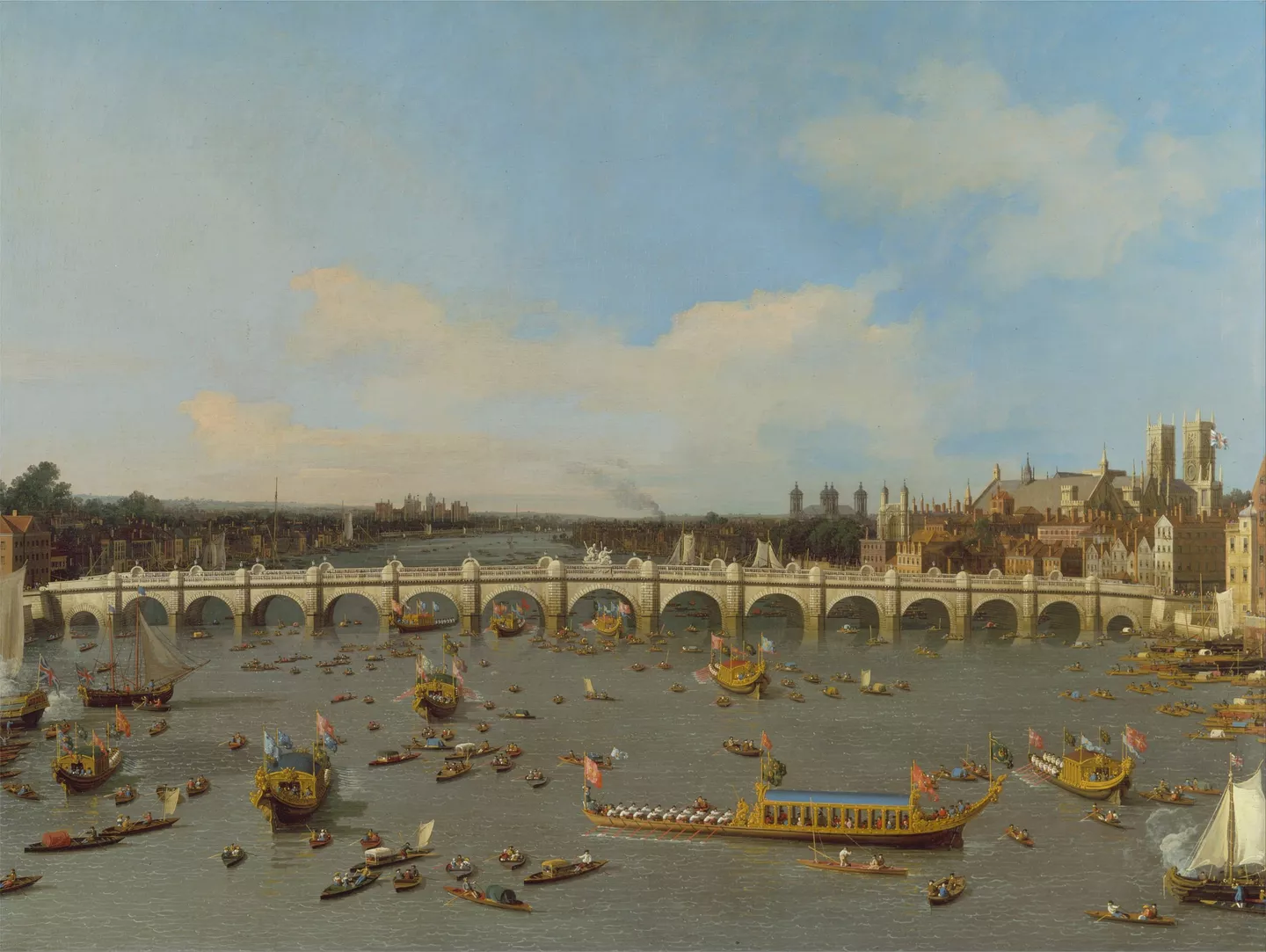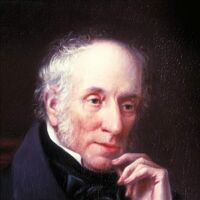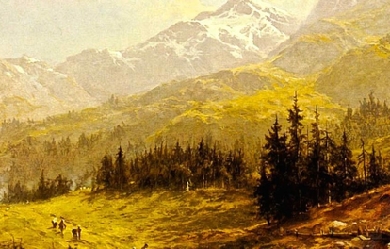
Composed upon Westminster Bridge, September 3, 1802
Written in 1802 and published in 1807, “Composed Upon Westminster Bridge” expresses great love for the city of London. As city sleeps in the early morning, the speaker imagines that the sun has never touched anything so attractive as London’s man-made structures. These structures produce in the speaker a sense of peace, and they are as lovely as anything in nature. “Westminster Bridge” and its praise of urban life stand out from the rest of Wordsworth’s poems, which tend to dismiss urban life in favor of country life and in favor of a close relationship with the natural world. Like many romantic poets, Wordsworth blamed the city for separating adults from the close relationship with nature they cultivated as children.
Urban life bred despair, loneliness, and isolation. Critics often read “Westminster Bridge” alongside “London, 1802,” a sonnet that expresses deep disgust with the city. But the speaker in “Westminster Bridge feels buoyed by the quiet city and peaceful River Thames. Rather than alienating him, the city feels welcoming and makes him content.
The speaker praises the man-made structures of London in order to pay tribute to the economic and artistic achievements of humanity. During the eighteenth and nineteenth centuries, England rapidly industrialized. As a result of the changing economy, people abandoned rural life for the factory and service jobs of the city. Generally, Wordsworth lamented the Industrial Revolution because it divided people from nature. In this poem, however, Wordsworth sees the city as being a part of nature. The speaker favorably compares the city to the natural world and also points out how closely linked the city is to the countryside. Nevertheless, the speaker values the city only as a product of human ingenuity: the air is “smokeless” because the factories are closed, and the poem ends by reiterating the city’s quiet and stillness. Awake and alive, with smoking factories and bustling people, the city would disgust the speaker with its noise, crowds, and working life.









